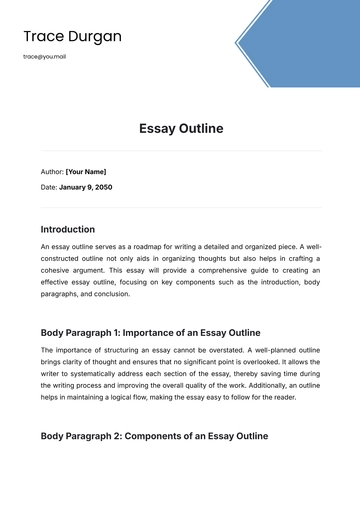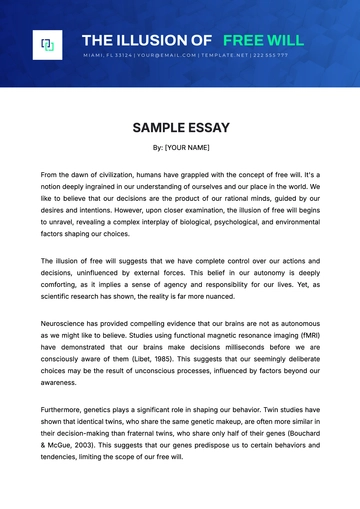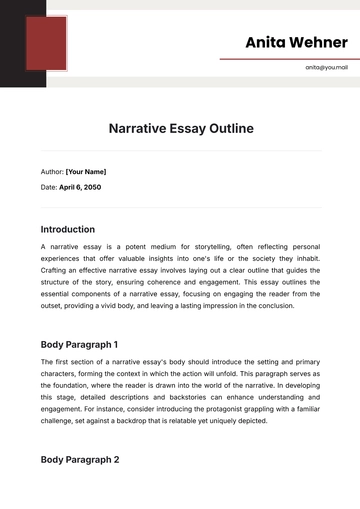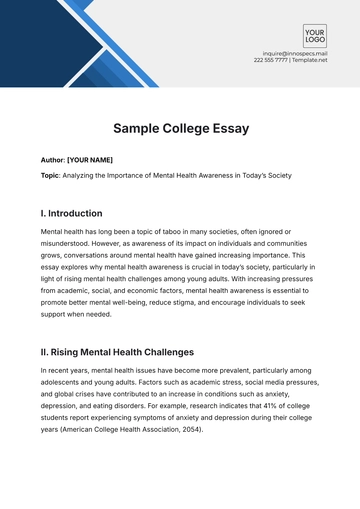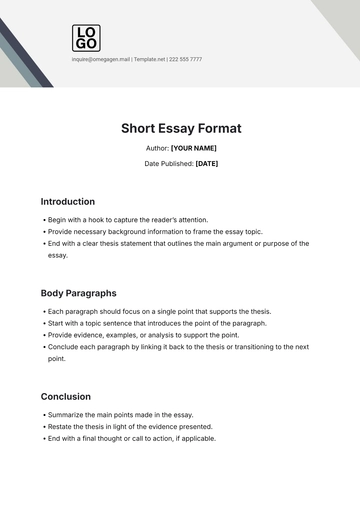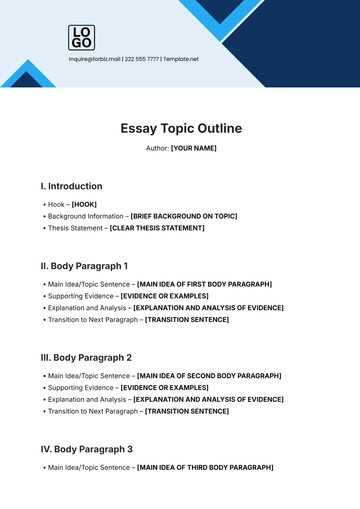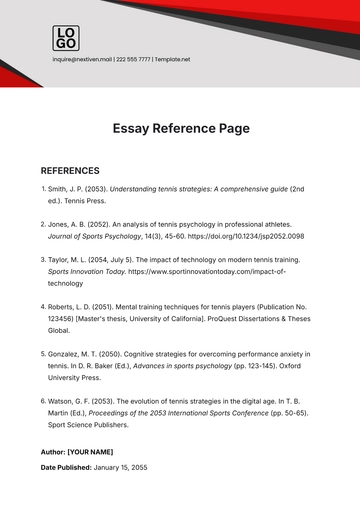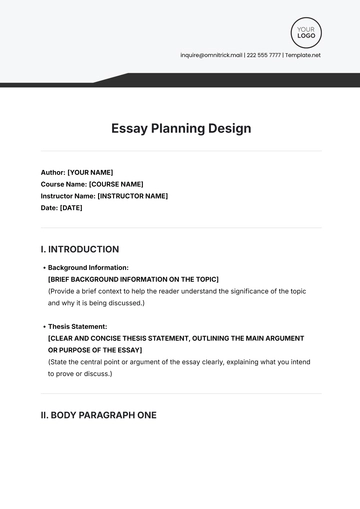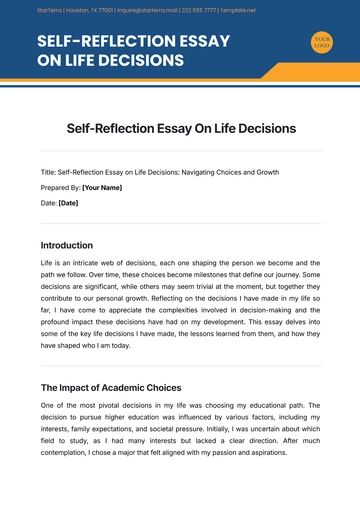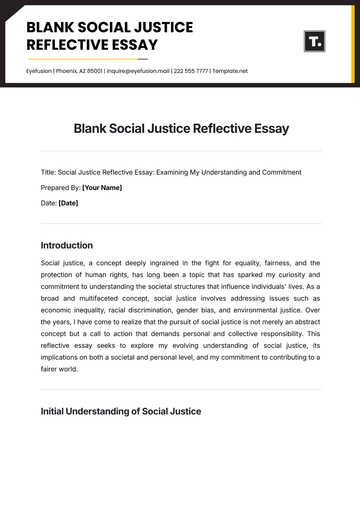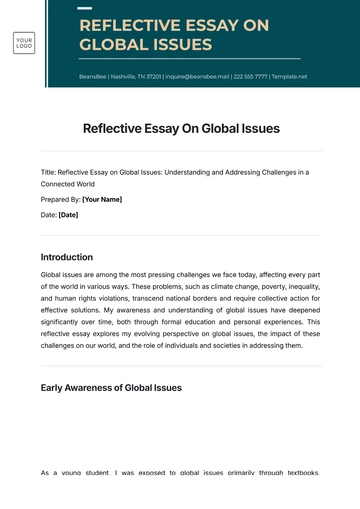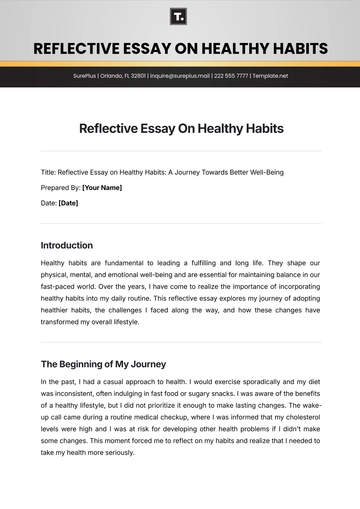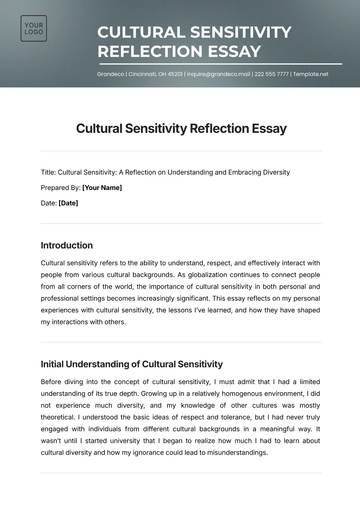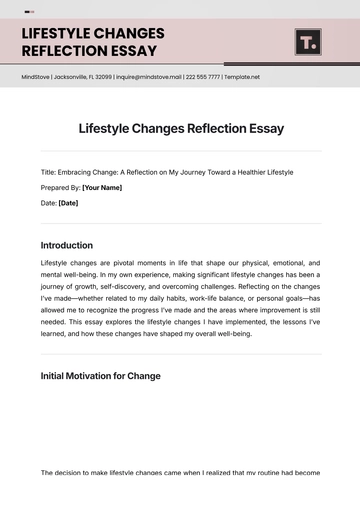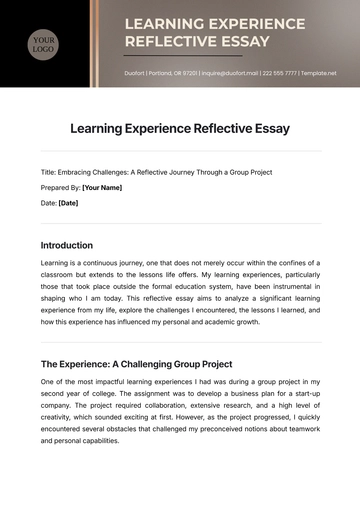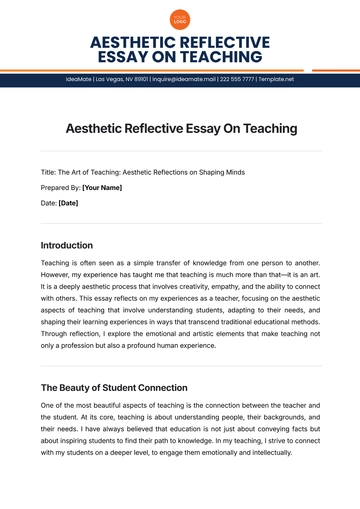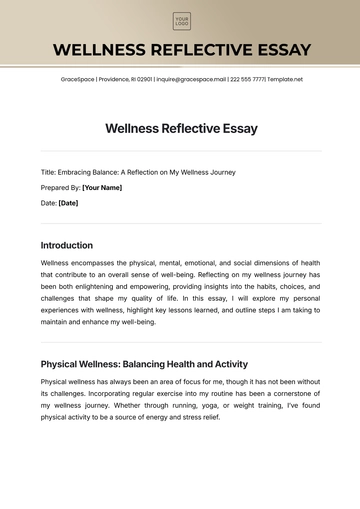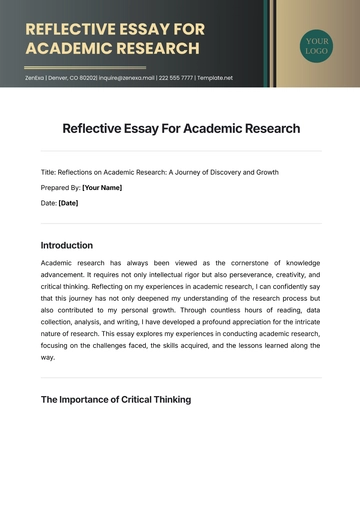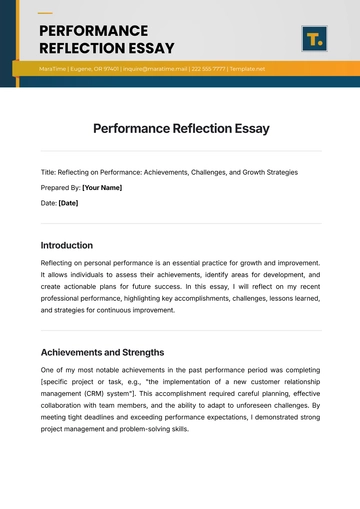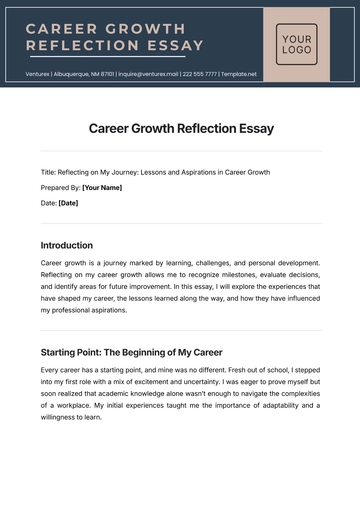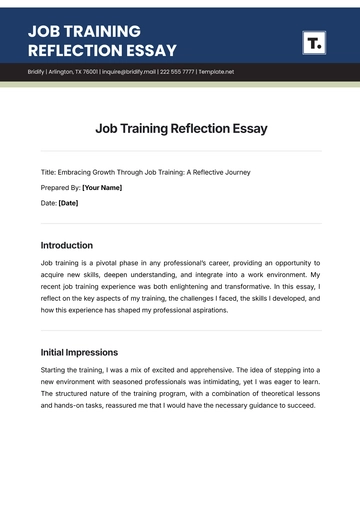Free Basic Essay
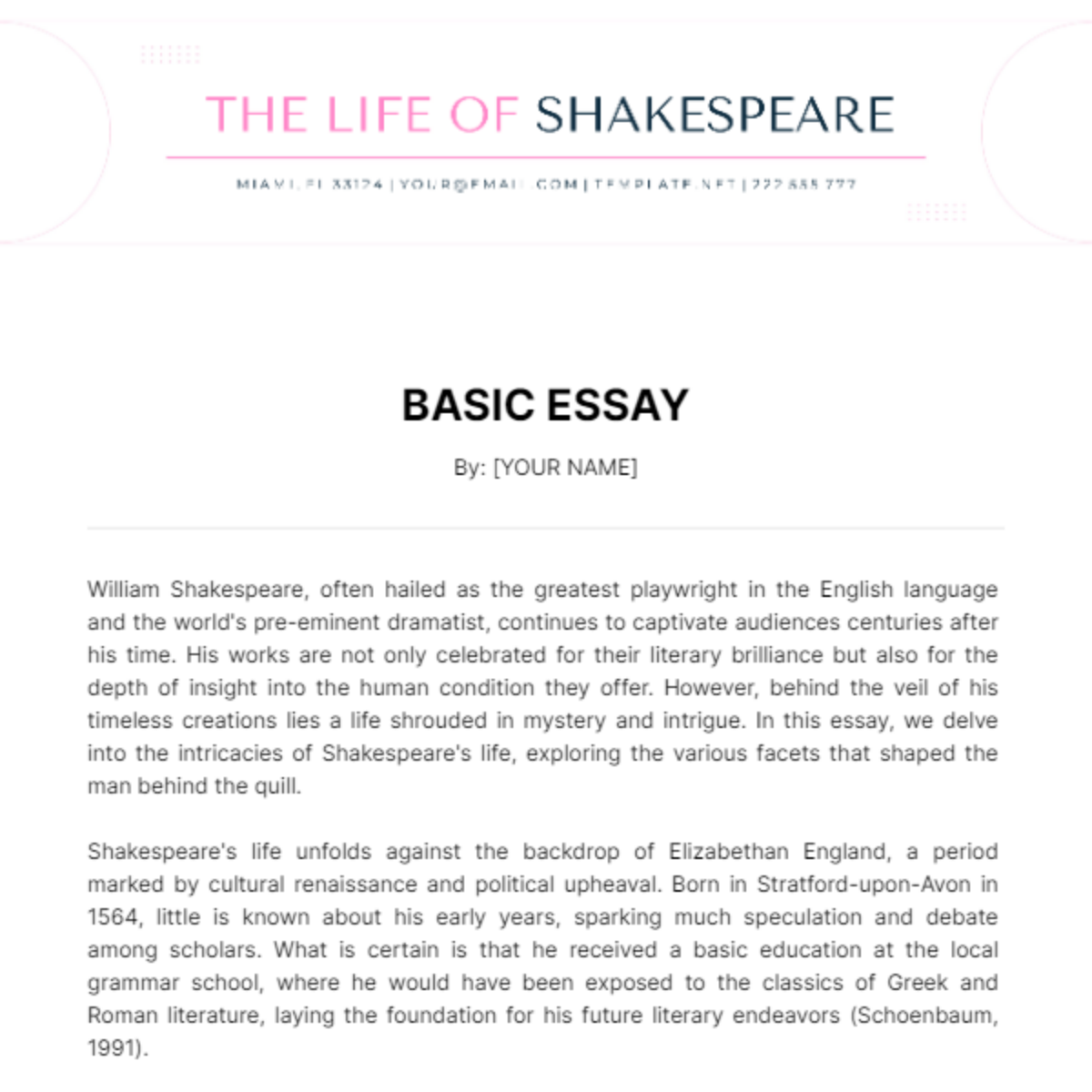
By: [YOUR NAME]
William Shakespeare, often hailed as the greatest playwright in the English language and the world's pre-eminent dramatist, continues to captivate audiences centuries after his time. His works are not only celebrated for their literary brilliance but also for the depth of insight into the human condition they offer. However, behind the veil of his timeless creations lies a life shrouded in mystery and intrigue. In this essay, we delve into the intricacies of Shakespeare's life, exploring the various facets that shaped the man behind the quill.
Shakespeare's life unfolds against the backdrop of Elizabethan England, a period marked by cultural renaissance and political upheaval. Born in Stratford-upon-Avon in 1564, little is known about his early years, sparking much speculation and debate among scholars. What is certain is that he received a basic education at the local grammar school, where he would have been exposed to the classics of Greek and Roman literature, laying the foundation for his future literary endeavors (Schoenbaum, 1991).
The trajectory of Shakespeare's life took a significant turn when he arrived in London, a bustling metropolis teeming with opportunity and artistic fervor. It was here that he found success as a playwright and actor, becoming a prominent figure in the thriving theatrical scene of the time. His plays, ranging from timeless tragedies like Hamlet and Macbeth to lighthearted comedies such as A Midsummer Night's Dream, resonated with audiences of all classes, cementing his reputation as a master of the stage (Greenblatt, 2005).
One of the most intriguing aspects of Shakespeare's life is the enigma surrounding his personal identity. The authorship question, which has puzzled scholars for centuries, revolves around whether Shakespeare of Stratford-upon-Avon was indeed the sole author of the works attributed to him. Some skeptics argue that a man of humble origins could not have possessed the breadth of knowledge and literary skill demonstrated in his plays, fueling speculation that his works were penned by a more educated and aristocratic figure (Shapiro, 2010).
Despite the mysteries that shroud his life, Shakespeare's enduring legacy lies in the universal themes that permeate his works. From love and betrayal to ambition and power, his plays offer profound insights into the complexities of the human experience, transcending the boundaries of time and space. Whether performed on the stages of Elizabethan England or adapted for contemporary audiences, Shakespeare's words continue to resonate with audiences, reminding us of the enduring power of storytelling (Bloom, 2008).
In conclusion, the life of William Shakespeare remains a subject of fascination and intrigue, with countless scholars and enthusiasts seeking to unravel the mysteries that surround him. While the details of his biography may remain elusive, his contributions to literature and the arts are undeniable. As we continue to explore the depths of his works, we are reminded of the timeless relevance of Shakespeare's insights into the human condition, ensuring that his legacy will endure for generations to come.
References:
Atkinson, M. (2022). The Life and Art of Vincent van Gogh. HarperCollins.
Bloom, H. (2008). Shakespeare: The Invention of the Human. Riverhead Books.
Greenblatt, S. (2005). Will in the World: How Shakespeare Became Shakespeare. W. W. Norton & Company.
Schoenbaum, S. (1991). William Shakespeare: A Compact Documentary Life. Oxford University Press.
Shapiro, J. (2010). Contested Will: Who Wrote Shakespeare? Simon & Schuster.
- 100% Customizable, free editor
- Access 1 Million+ Templates, photo’s & graphics
- Download or share as a template
- Click and replace photos, graphics, text, backgrounds
- Resize, crop, AI write & more
- Access advanced editor

